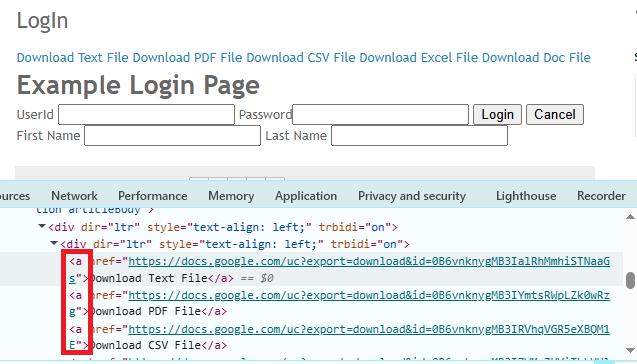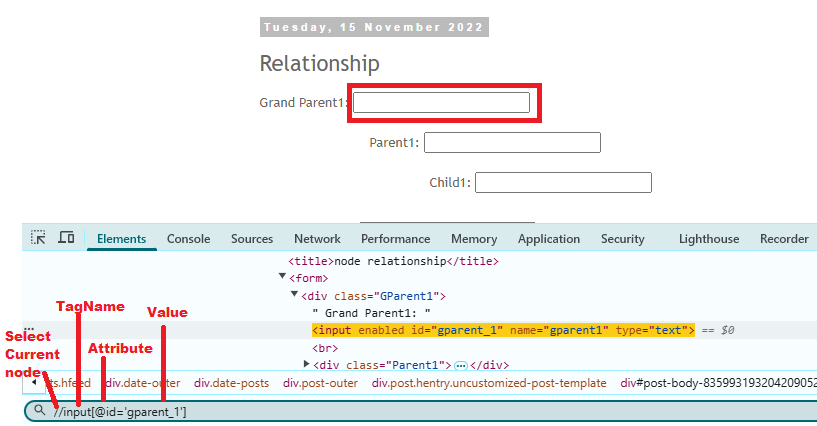Last updated on June 18th, 2025 at 12:34 pm
- Deque is one of the collection interface which extends Queue interface.
- Deque is linear collection which allow us to add and remove element from both ends of the queue.
- It is “double ended queue” that’s why it is called Deque and usually pronounced as “deck”.
- Deque has different methods to perform insert, delete and examine the element in queue.
- Each of these methods have two different forms. One will throw an exception if it fails during operation and other will return a special value like null or false.
Different methods of Deque interface are described below.
- boolean add(E e) : It will insert specified element at the tail of this deque if space is currently available. Return true if operation is success or throw an IllegalStateException if fails to perform operation.
- void addFirst(E e) : It will insert specified element at the beginning of the queue.
- void addLast(E e) : It will insert specified element at the end of the queue.
- boolean contains(Object o) : It will return true if specified element is available in queue.
- E element() : It will retrieve head(first) element from queue.
- E getFirst() : It will retrieve first element from queue.
- E getLast() : It will retrieve last element from queue.
- boolean offer(E e) : It will insert specified element at the tail of this deque. It will return true if success and false if operation fails.
- boolean offerFirst(E e) : It will insert specified element at the beginning of queue if space is available.
- boolean offerLast(E e) : It will insert specified element at the end of queue if space is available.
- E peek() : It will retrieve head(first) element from queue. Returns null if queue is empty.
- E peekFirst() : It will retrieve first element from queue. Returns null if queue is empty.
- E peekLast() : It will retrieve last element from queue. Returns null if queue is empty.
- E poll() : It will remove head(first) element from queue. Returns null if queue is empty.
- E pollFirst() : It will remove first element from queue. Returns null if queue is empty.
- E pollLast() : It will remove last element from queue. Returns null if queue is empty.
- E pop() : It will pops the element from queue.
- void push(E e) : It will pushes the element onto queue. It will return true on success and throe an exception if operation fails.
- E remove() : It will remove first element from queue.
- boolean remove(Object o) : It will remove first occurrence of the given element from queue.
- E removeFirst() : It will remove first element from queue.
- boolean removeFirstOccurrence(Object o) : It will remove first occurrence of the given element from queue.
- E removeLast() : It will remove last element from queue.
- boolean removeLastOccurrence(Object o) : It will remove last occurrence of the given element from queue.
- int size() : It will return size of queue.
I have prepared example of ArrayDeque to explore you how different methods of Deque works. Also you can create LinkedList() using Deque.
Deque Example
package JAVAExamples;
import java.util.ArrayDeque;
import java.util.Deque;
public class DequeExample {
public static void main(String[] args) {
//Create ArrayDeque.
Deque<String> d = new ArrayDeque<String>();
//Add elements in Deque.
d.add("one");
d.add("two");
d.add("three");
d.add("four");
d.add("five");
d.add("four");
d.add("six");
//Print Deque elements.
System.out.println("Deque elements are : "+d);
//Add element at first of Deque.
d.addFirst("First Added");
System.out.println("Deque elements after addFirst are : "+d);
//Add element at last of Deque.
d.addLast("Last Added");
System.out.println("Deque elements after addLast are : "+d);
//Get first element from Deque.
System.out.println("First element in deque is : "+d.getFirst());
//Get last element from Deque.
System.out.println("Last element in deque is : "+d.getLast());
//Get first element from Deque using peek.
System.out.println("First element in deque using peek is : "+d.peek());
//Get last element from Deque using peekLast.
System.out.println("Last element in deque using peekLast is : "+d.peekLast());
//Remove first element from deque.
d.removeFirst();
System.out.println("Deque elements after removeFirst are : "+d);
//Using pop.
d.pop();
System.out.println("Deque elements after pop are : "+d);
//Using push.
d.push("First");
System.out.println("Deque elements after push are : "+d);
//Remove LastOccurrence of element from deque using removeLastOccurrence.
d.removeLastOccurrence("four");
System.out.println("Deque elements after removeLastOccurrence are : "+d);
//Get size of deque.
System.out.println("Size of Deque is : "+d.size());
}
}Output :
Deque elements are : [one, two, three, four, five, four, six]
Deque elements after addFirst are : [First Added, one, two, three, four, five, four, six]
Deque elements after addLast are : [First Added, one, two, three, four, five, four, six, Last Added]
First element in deque is : First Added
Last element in deque is : Last Added
First element in deque using peek is : First Added
Last element in deque using peekLast is : Last Added
Deque elements after removeFirst are : [one, two, three, four, five, four, six, Last Added]
Deque elements after pop are : [two, three, four, five, four, six, Last Added]
Deque elements after push are : [First, two, three, four, five, four, six, Last Added]
Deque elements after removeLastOccurrence are : [First, two, three, four, five, six, Last Added]
Size of Deque is : 7


